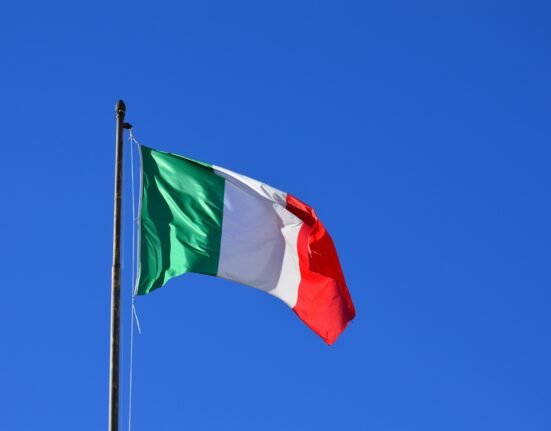Directive change comes as Malta aligns with updated EU regulation on consumer dispute resolution
The Malta Gaming Authority (MGA) has announced that it will repeal Article 13 of its Alternative Dispute Resolution Directive (Directive 5 of 2018), effective 20 July 2025. The amendment follows the adoption of Regulation (EU) 2024/3228, which officially repeals the earlier Regulation (EU) No 524/2013 and calls for the decommissioning of the now-defunct Online Dispute Resolution (ODR) platform.
Goodbye ODR Platform: Operators Must Clean Up Compliance References
All B2C licensees operating under the MGA are required to remove any reference to the ODR Platform from their terms and conditions, websites, and user-facing documentation. The directive change ensures that players are no longer misled by references to a dispute resolution system that no longer exists.
The ODR platform previously offered consumers in the EU a way to resolve disputes with traders online without going to court, but with its discontinuation, operators must now rely on alternative, updated channels for dispute resolution.
The MGA urges all licensees to consult Regulation (EU) 2024/3228 directly to fully understand the scope of obligations moving forward. The regulatory body has made clear that failure to implement the required changes by the 20 July 2025 deadline could lead to enforcement actions or financial penalties.
Compliance Still a Top Priority for MGA
This change aligns with the MGA’s broader regulatory strategy, which has seen heightened enforcement activity throughout 2024. According to its most recent annual report, the Authority issued:
25 financial penalties
8 licence cancellations
17 new licences granted
Over 3,300 player complaints handled
The report also highlighted strong fiscal performance, with €84.1 million ($90.3 million) in revenue and an increase in overall operating surplus, underlining the MGA’s financial stability and regulatory clout.
What This Means for Operators and Players
The repeal of Article 13 reflects a broader trend in regulatory modernization across the EU, emphasizing clearer, more streamlined compliance protocols. For operators, this means updating:
Terms & conditions
Help center documentation
Customer service scripts
Any automated or third-party tools referencing the ODR platform
For players, the change removes an outdated and now-inaccessible route for dispute resolution, replacing it with more jurisdiction-specific or third-party ADR mechanisms supported directly by licensed operators.
A Broader EU Shift in Consumer Protection Tools
The ODR platform, introduced in 2013, aimed to support cross-border dispute resolution in the booming EU e-commerce sector. But critics long pointed to its limited adoption, lack of multilingual support, and general inefficiency. Its official repeal via Regulation (EU) 2024/3228 reflects a new chapter in the EU’s approach to digital consumer protection—one that prioritizes direct regulation over legacy platforms.
As Malta continues to assert its leadership in the global iGaming space, regulatory precision and up-to-date compliance remain central pillars. For licensees, this is not just a box-ticking exercise—it’s an opportunity to enhance clarity, trust, and transparency for users navigating dispute resolution in a fast-evolving regulatory landscape.























